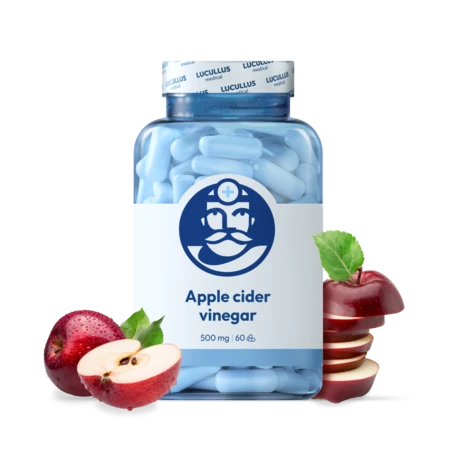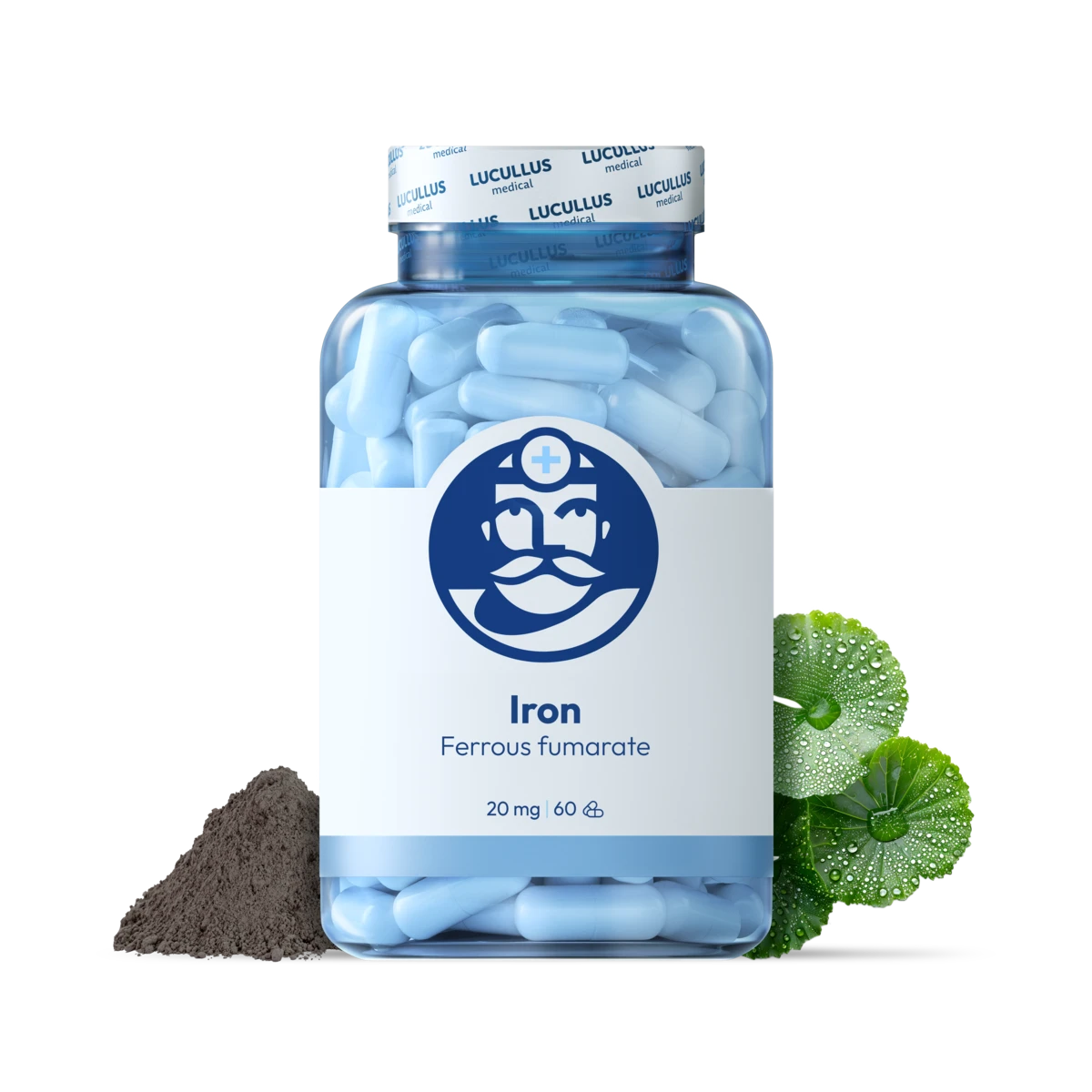
Železo - tajomstvo vášho zdravia a energie
Predstavte si, že vaše telo je továreň pracujúca na najvyššie obrátky, (aby zabezpečila energiu, rast, opravu buniek) a železo je palivo, ktoré udržiava jej chod. Ak sa vyčerpávajú zásoby železa ihneď, slabosť, búšenie srdca či bledšiu kožu. Príznaky nedostatku železa sú lámavé nechty, suché vlasy, dýchavičnosť, problémy so spánkom, znížená koncentrácia, studené končatiny, zvýšená frekvencia infekcie a anémia (nedostatok červených krviniek spôsobený príliš malým množstvom železa v tele) ktorá sa prejavuje extrémnou únavou. Pri anémií telo nie je dostatočne zásobovaný kyslík a rýchlo sa vyčerpáva. Signál nedostatku železa môže byť aj tvorba modrín, pretože tento minerál je dôležitý pri tvorbe hemoínu, ktorý podporuje správnu funkciu krvných doštičiek.

Ashwagandha - Withania Somnifera
“Ashwa” (horse) “gandha” (root smell), the name itself hints at the plant's ability to grant strength and vitality (the strength of the animal hidden in the root). Known as “Indian ginseng” (similar shape), and “winter cherry root” (fruits resemble cherries). From the small shrub with yellow flowers, the root is mainly used in traditional medicine. Due to its calming effects, it's significantly known as the Sleep or Dream Berry. The Latin name somnifera also reveals its property ; invoking sleep.

Histamine Control
Histamine is often perceived negatively, especially for its role in allergic reactions and intolerance. As with many things in life, black-and-white thinking is not suitable for this biogenic amine. As a neurotransmitter, it participates in many critical processes. In defending the body, for example, it supports the enlargement of blood vessels, making it easier for immune cells to access the site of inflammation. At the same time, it stimulates the production of gastric juices (essential for food processing), regulates the sleep cycle, controls appetite, and plays a role in learning, memory, and emotions. Histamine naturally occurs in the human body, and its balance is crucial for health. In the digestive system, it's broken down by the enzyme diamine oxidase. However, if histamine intake is greater than the body can break down, histamine intolerance develops. This imbalance can be caused by stress, poor lifestyle, medicines, or other factors. Excess histamine can lead to unpleasant symptoms, often resembling food allergies or digestive issues. It's essential to understand histamine as an important helper in our body.

Moringa olejodarná (Moringa oleifera)
Dr. Lucullus zdôrazňuje, že nie je „moringa“ ako „moringa“, u nás si zakladáme na tom, aby naše prírodne výživové doplnky, boli prvotriednej kvality. Záleží nám na obsahu, čistote a účinnosti zložiek, ktorými prispievame k Vášmu zdraviu. Objasňujeme prečo: Šetrným spracovávaním listov do superpotraviny v práškovej forme, zabezpečujeme jeho stabilitu, ochranu a dlhšiu skladovateľnosť.

Zinok - zabiják únavy
Okrem doplnkov, fungovaniu a rôznych suplementov, potrebuje naše telo ku 100% aj tzv. stopové látky. Označenie "stopové" znamená, že ho naše telo potrebuje iba v malom objeme. Zinku potrebujeme 10mg denne, čo je oproti horčíku (375mg) 37x menšie množstvo. Zdalo by sa, že sa bavíme o úplnej zbytočnosti. Opak je však pravdou. Zinok ovplyvňuje viac ako 200 biochemických reakcií v našom tele!

... aby ste sa cítili vo svojom tele spokojne a šťastne
Prečo práve došlo + C + kyselina hyalurónová ? Stručne povedané, ide o elixír mladosti , ten presne charakterizuje 3 silných antioxidantov. Vzájomným prepojením zložiek sa zvyšuje podpora zdravia a nielen pleti (ako sa môže zdať). Už v mladosti sa zvyšuje množstvo kyseliny hyalurónovej odstrániť . Týmto triom pomôžeme bezpečne doplniť a zlepšiť zdravú pokožku tváre, kosti, kĺbov, žily, pevné a pevné. Vitamín je potrebný pre biosyntézu C (aj premenu ) a efektívnu využiteľnosť. Rozoberieme si to na drobné, pretože aj tu platí doslovne, že všetko tak všetkým súvisí...































